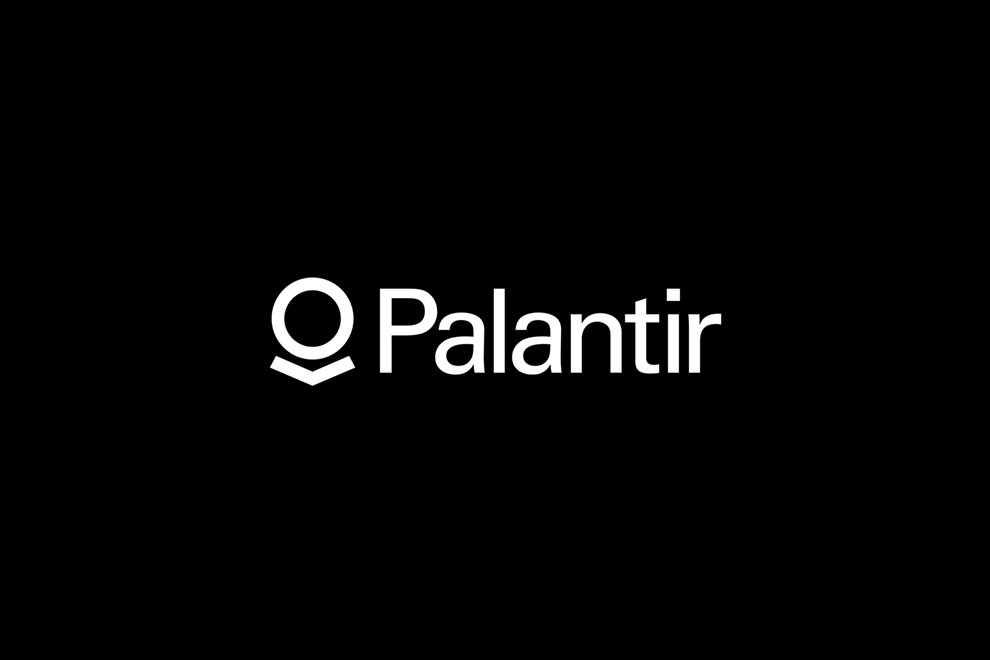Palantir Wins $250 Million AI Deal with US Defence Department
A brand-new $250 million artificial intelligence agreement for the U.S. Army would help Palantir Technologies (PLTR), claims a financial professional who rates the PLTR stock underperform. On Wednesday, following the news, Palantir’s stock increased.

“While this contract adds fuel to the argument that Palantir is more like a government service provider, this contract bodes well for Palantir’s fourth-quarter and 2024 revenue,” William Blair analyst Louie DiPalma said in a note to clients.
www.investors.com
The U.S. Army has a three-year agreement for research and development operations.
Military leaders have praised the possible combat uses of machine learning and artificial intelligence, and business has matched the enthusiasm. Interest in these technologies has grown in the defence community in recent years.
The Government Accountability Office, a government watchdog, said that as of 2021, the Defence Department was managing over 685 AI-related projects. A minimum of 232 were under Army control.
Today’s stock market saw a 6.4 percent rise in PLTR stock, which closed at 14.85.
If the firm is awarded a new contract by the National Health System of the United Kingdom, the price of PLTR stock might increase further. Throughout the coronavirus crisis, the NHS employed Palantir. Now available is a larger deal valued at around $595 million. A choice is anticipated in 2023.
Palantir has worked with government clients to employ AI techniques for the military, combating terrorism, and gathering intelligence. Additionally, such artificial intelligence created prediction models by using pattern recognition.
Generative AI is currently being included by Palantir in its software system.
Generic artificial intelligence models analyze “prompts,” such as internet search terms that specify what a user is looking for. Technologies that use generative artificial intelligence independently produce literature, pictures, videos, as well as computer code. Palantir also wants to offer generative AI technology in industrial areas like the healthcare industry.
Early this year, Palantir unveiled the “Artificial Intelligence Platform,” its latest product. Palantir reports that the AIP has 150 consumers as of the middle of September, an increase of fifty percent over the previous month.
Also Read: TikTok’s E-Commerce Ambitions Stall as Global Backlash Grows
Palantir has also not provided pricing information for its generative AI solutions. Analysts claim that this makes the possible income rise from the AIP uncertain.
On August 1, PLTR stock reached a 52-week intraday record high of 20.24 as AI shares pushed higher. The PLTR stock, however, has now fallen from its 52-week high as of September 27. However, Palantir stock has grown by 124 percent so far in 2023.

I am a student pursuing my bachelor’s in information technology. I have a interest in writing so, I am working a freelance content writer because I enjoy writing. I also write poetries. I believe in the quote by anne frank “paper has more patience than person

